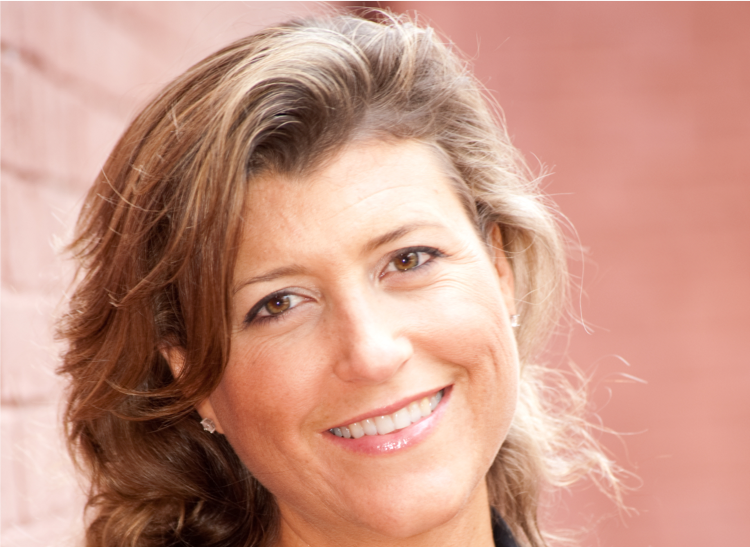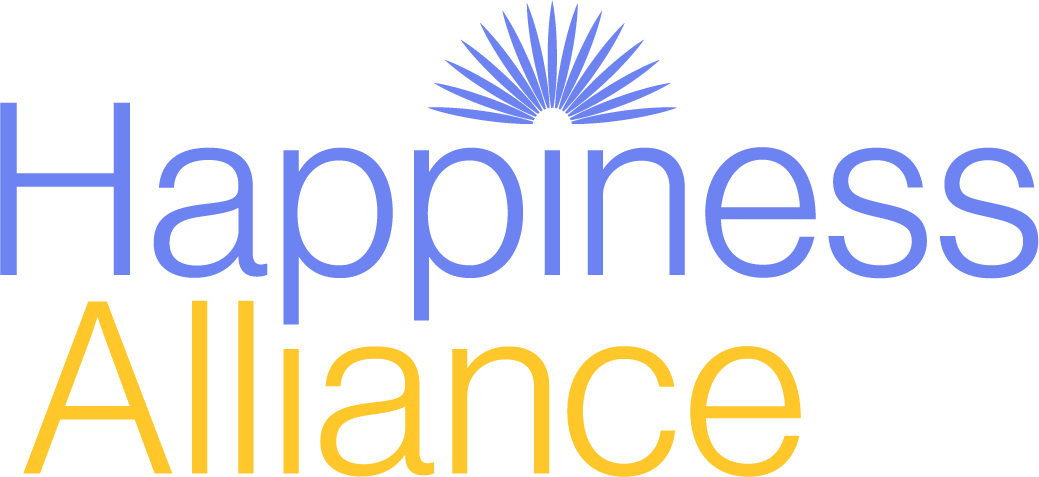Aimee ChristensenAimée is CEO of Christensen Global Strategies and Executive Director of the Sun Valley Institute, collaborating with industries, governments, organizations and individuals worldwide to develop solutions for a resilient world. She has twenty-five years’ experience in policy, law, investment, business and philanthropy including with Google, the World Bank, Baker & McKenzie, and the U.S. Department of Energy. In 2012 she served as Special Adviser to the United Nations Secretary General's High-level Group on Sustainable Energy For All and she advised Virgin Unite in shaping three of Sir Richard Branson’s initiatives: The Elders, The Carbon War Room, and The B Team. In 2009 she moved home to Sun Valley, Idaho where she founded the Sun Valley Institute to build global and local resilience and quality of place. She serves on the boards of the National Forest Foundation, the Julie Ann Wrigley Global Institute on Sustainability at Arizona State University, and the Andrus Center for Public Policy at Boise State University. Aimée is a 2017 Women in Leadership & Zions Bank laureate, the 2011 Hillary Institute laureate and a 2010 Aspen Institute Catto Fellow. She has a BA from Smith College and a JD from Stanford Law School.
|
We must build community resilience for a lasting quality of place. Today we face grave challenges: our changing climate, inequality and insecurity demand deployment of smart solutions that optimize impact for security, economy, and our environment - for all to have quality of life. Today we are also fortunate because the solutions are known: technologies, business models, investment approaches and resources, as well as ways of engaging each other so as to bring out the best in each of us. Each community is different, as place, as culture, and values of what matters most. Each community has the chance - really the imperative - to identify the solutions that fit their challenges and needs and culture. Solutions include solar energy, local food production with cost-effective greenhouses, cost-effective and resource-efficient housing and water systems, and many others. The idea is to support community strategies for quality of place, for developing priorities for all that match local needs and global drivers/limits - for people, planet, security. Through these processes, we learn empathy, understand needs, and build community. To scale and accelerate these community-led solutions, do we need a new economic system or new values and education, or disasters? Otherwise do they stay fringe, too small? What will propel solutions forward?
Sun Valley Institute
Sun Valley Institute

